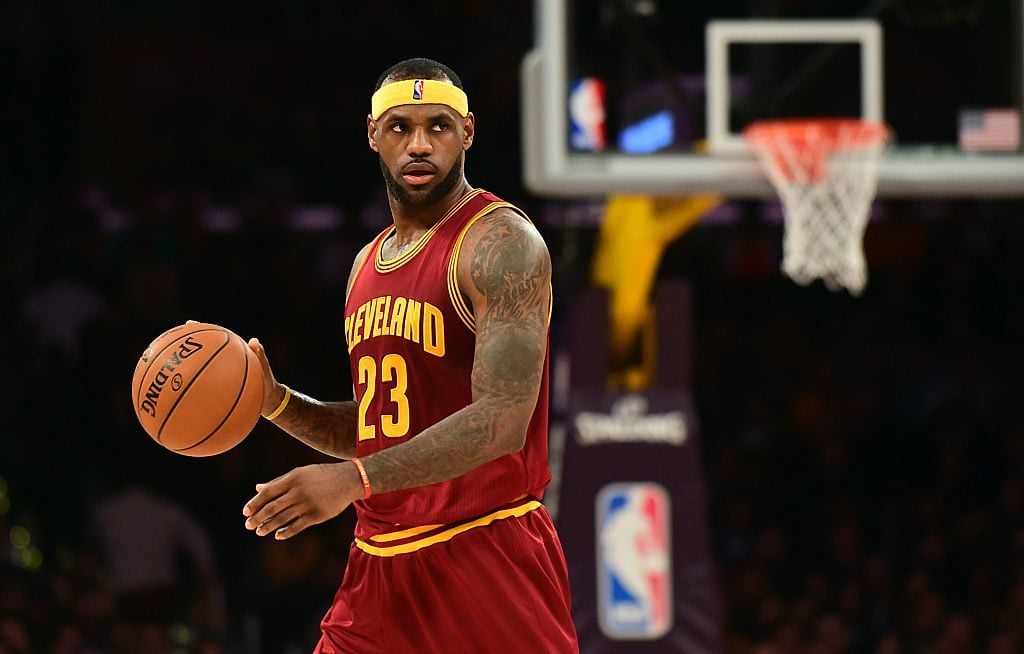Law & Politics
Who Owns the Copyright to Tattoos? A Court Issues a Landmark Ruling Over LeBron James and Other NBA Stars’ Right to License Their Body Art
LeBron James says he has the right to license his own likeness, and that includes his tattoos.

LeBron James says he has the right to license his own likeness, and that includes his tattoos.

Taylor Dafoe

Does the license for a tattoo belong to the artist who designed it or the person on whose body it appears?
That was the question a federal judge took up last week in a landmark copyright lawsuit brought by a tattoo artist whose designs appeared on NBA players whose likenesses were reproduced in a video game.
In 2016, the tattoo company Solid Oak Sketches sued Take-Two Interactive, a video game publisher that’s behind the NBA2K series of games, for the unauthorized reproduction of its tattoo designs on LeBron James and two other NBA players.
The US district court judge came down on the side of the video game company, writing that the “tattooists necessarily granted the Players nonexclusive licenses to use the Tattoos as part of their likenesses.”
Solid Oak’s lawsuit made headlines when it was first filed, both because of the high-profile names involved, and because of the novelty of the issue at hand. Even James himself weighed in: “I always thought that I had the right to license what I look like to other people for various merchandise, television appearances, and other types of creative works, like video games,” he said in a court filing in 2018.
The judge ultimately agreed with James when she “effectively decided that the right of the athletes to license their likeness was not enslaved by the copyright interests of those artists that had inked the athletes,” Amelia Brankov, a copyright lawyer not involved in the case, told Artnet News.
Further, the judge argued that because the replicated designs under consideration could only be found on three of the 400 players in the game, and because the likenesses of the tattoos were less than a 10th of the size of the real-life tattoos, copyright infringement did not apply.
Whether or not the decision will impact future cases on body art is still to be seen, but Brankov notes that there are several other pending cases against video game publishers that pertain to tattoos.
“While other courts are not obligated to follow her reasoning, [this judge’s] decision could be a harbinger of dismissals in other cases,” Brankov says.